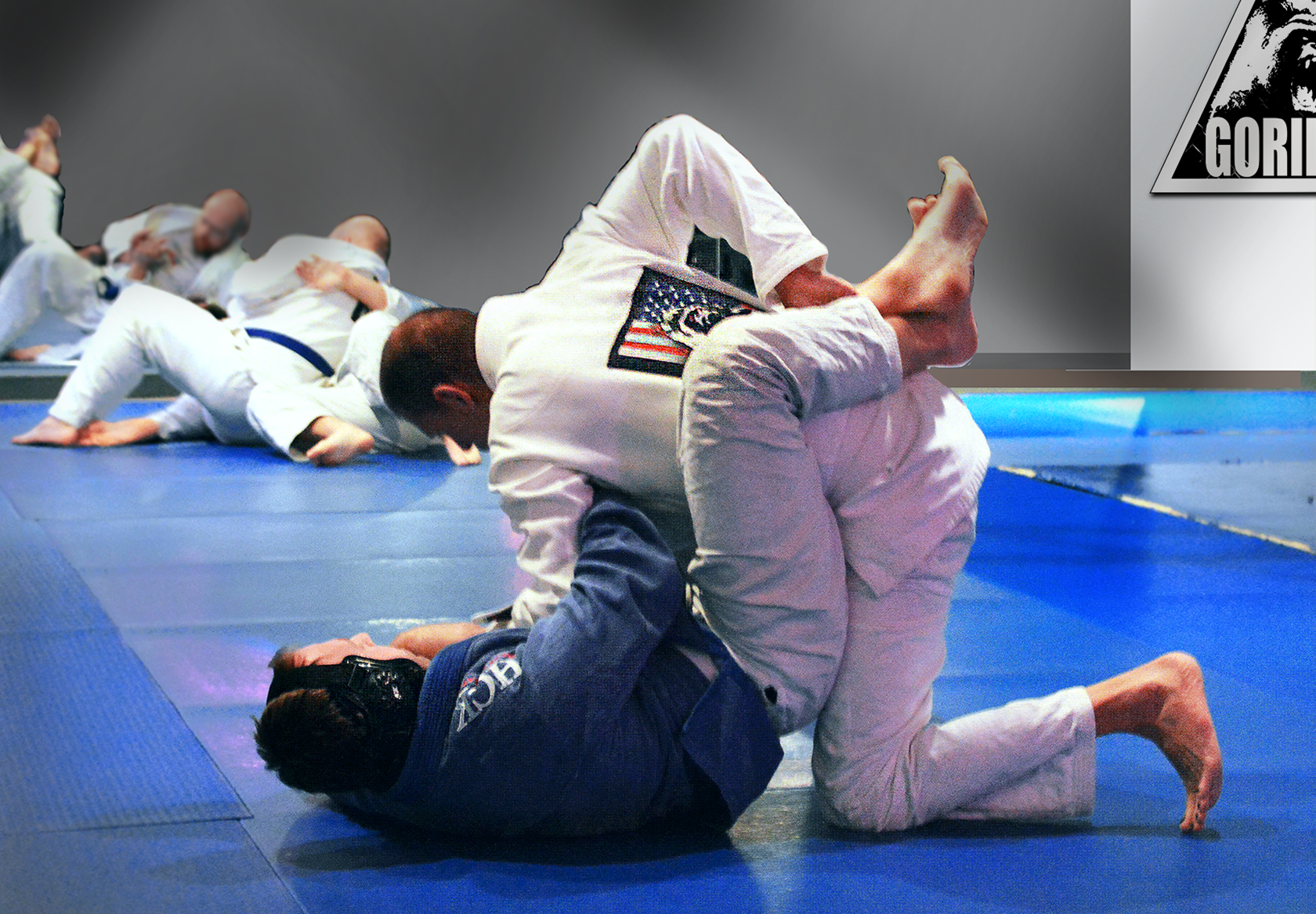Brazilian Jiu-Jitsu (BJJ) is not just a martial art; it is a comprehensive self-defense system that focuses on ground fighting and submission grappling. This incredible discipline emphasizes technique and strategy over brute strength, making it accessible and effective for individuals of all sizes and physical capabilities. With its roots in Japan and its evolution in Brazil, BJJ has gained immense popularity worldwide, attracting practitioners from all walks of life, from hobbyists to elite athletes.
In this article, we will explore the rich history, fundamental techniques, and the numerous benefits of Brazilian Jiu-Jitsu. Whether you are a beginner looking to start your journey or an experienced practitioner seeking to deepen your knowledge, this comprehensive guide is tailored to meet your needs.
We will also delve into the impact of BJJ on personal development, physical fitness, and mental resilience. By the end of this article, you will have a thorough understanding of Brazilian Jiu-Jitsu and why it continues to captivate so many around the globe.
Table of Contents
- 1. History of Brazilian Jiu-Jitsu
- 2. Key Techniques in Brazilian Jiu-Jitsu
- 3. Benefits of Practicing Brazilian Jiu-Jitsu
- 4. Training and Classes
- 5. Competitions and Tournaments
- 6. Famous Brazilian Jiu-Jitsu Practitioners
- 7. Common Injuries in Brazilian Jiu-Jitsu
- 8. Conclusion
1. History of Brazilian Jiu-Jitsu
Brazilian Jiu-Jitsu has a fascinating history that began in the early 20th century. It originated from Japanese jiu-jitsu, which was introduced to Brazil by Mitsuyo Maeda, a Japanese martial artist. Maeda taught the art to several students, including Carlos Gracie, who later adapted and modified the techniques, leading to the development of what we now know as Brazilian Jiu-Jitsu.
The Gracie family played a pivotal role in popularizing BJJ, showcasing its effectiveness in real combat situations, including the famous Gracie Challenge matches. These matches highlighted the advantages of technique and grappling over striking arts, solidifying BJJ's reputation as an effective self-defense system.
Today, Brazilian Jiu-Jitsu is practiced worldwide, with various schools and organizations promoting its techniques and philosophy. The sport has also gained recognition through its integration into mixed martial arts (MMA), further expanding its reach and influence.
2. Key Techniques in Brazilian Jiu-Jitsu
At the core of Brazilian Jiu-Jitsu are various techniques that enable practitioners to control and submit their opponents. Here are some key techniques:
- Guard Position: A fundamental position where a practitioner lies on their back and uses their legs to control an opponent.
- Mount Position: A dominant position where a practitioner sits on top of their opponent, allowing for effective strikes and submissions.
- Submissions: Techniques aimed at forcing an opponent to submit, including chokes and joint locks.
- Passing the Guard: The process of moving from a guard position to a more dominant position.
- Takedowns: Techniques to bring an opponent to the ground, setting up further grappling opportunities.
2.1 The Importance of Technique Over Strength
One of the defining principles of Brazilian Jiu-Jitsu is that technique can often overcome strength and size. This principle is particularly beneficial for smaller individuals, allowing them to defend themselves effectively against larger adversaries.
3. Benefits of Practicing Brazilian Jiu-Jitsu
Engaging in Brazilian Jiu-Jitsu offers numerous benefits, including:
- Physical Fitness: BJJ provides an excellent workout, improving cardiovascular health, strength, flexibility, and endurance.
- Self-Defense Skills: BJJ equips practitioners with practical self-defense techniques applicable in real-life situations.
- Mental Resilience: The challenges faced during training help develop mental toughness and problem-solving skills.
- Community and Camaraderie: BJJ fosters a supportive community, promoting friendships and mutual respect among practitioners.
4. Training and Classes
Brazilian Jiu-Jitsu training typically takes place in a dojo or gym, where practitioners learn techniques through drills and sparring sessions. Classes are often structured to accommodate all skill levels, from beginners to advanced practitioners.
4.1 What to Expect in a BJJ Class
In a typical BJJ class, practitioners can expect:
- Warm-up exercises to prepare the body.
- Instruction on specific techniques or positions.
- Drilling of techniques with a partner.
- Sparring sessions to apply techniques in live scenarios.
5. Competitions and Tournaments
Brazilian Jiu-Jitsu competitions are held worldwide, allowing practitioners to test their skills against others. Tournaments often follow a bracket system, with competitors categorized by weight and belt rank.
5.1 Major BJJ Competitions
Some of the most prestigious BJJ competitions include:
- IBJJF World Jiu-Jitsu Championship
- ADCC Submission Wrestling World Championship
- The Brazilian National Jiu-Jitsu Championship
6. Famous Brazilian Jiu-Jitsu Practitioners
Numerous practitioners have made significant contributions to the art of Brazilian Jiu-Jitsu. Here are a few notable names:
| Name | Notable Achievements |
|---|---|
| Helio Gracie | Co-founder of Brazilian Jiu-Jitsu, known for his role in developing the art. |
| Rickson Gracie | Multiple-time world champion and a legendary figure in BJJ. |
| Marcelo Garcia | Renowned competitor and instructor, known for his innovative techniques. |
7. Common Injuries in Brazilian Jiu-Jitsu
Like any physical activity, Brazilian Jiu-Jitsu carries a risk of injury. Some common injuries include:
- Joint Sprains: Often occur during submissions or awkward falls.
- Muscle Strains: Result from overexertion during training.
- Bruises and Contusions: Common due to contact with training partners.
8. Conclusion
In conclusion, Brazilian Jiu-Jitsu is a dynamic martial art that offers a wealth of benefits, from physical fitness to self-defense skills. Its rich history and emphasis on technique make it a unique and accessible option for practitioners of all backgrounds. We encourage you to explore BJJ further, whether through local classes or online resources. If you found this article helpful, please leave a comment or share it with others interested in learning about Brazilian Jiu-Jitsu.
Thank you for reading, and we hope to see you back for more informative articles on martial arts and self-improvement!
Article Recommendations
- Exploring Marlo Thomas Health Journey
- Elon Musk Wife 2024
- Neo Hous Wife Unveiling The Life Of A Chinese Stars Partner


